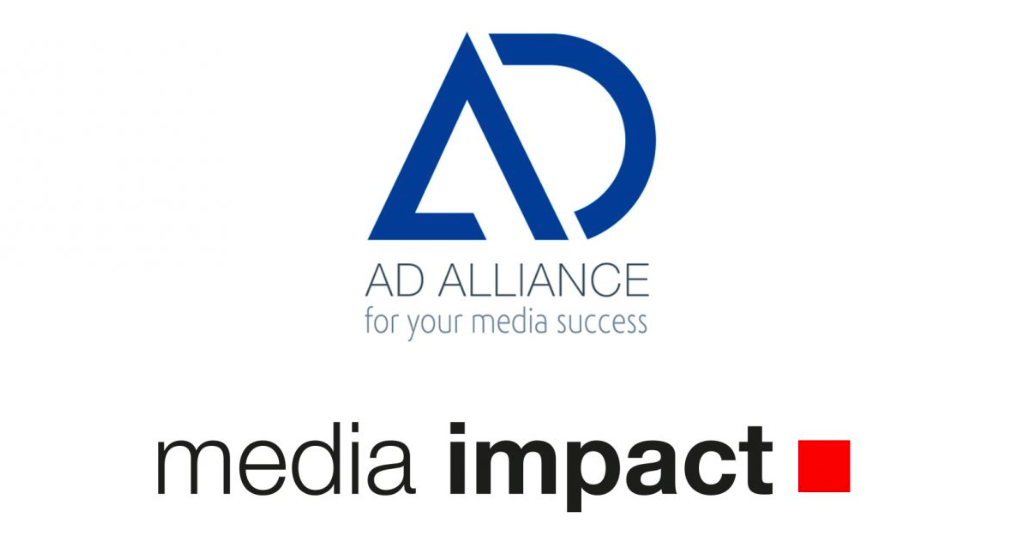Standing up to tech giants in Germany as sales houses form closer cooperation
Cut through the PR talk embedded in media releases about the cooperation agreement between Ad Alliance and Media Impact in Germany and the takeaway line is simple: four of Germany’s largest publishers will sell advertising together in a bid to take on tech titans such as Facebook, Google, YouTube and Amazon.
The agreement announced last week will see Ad Alliance, which holds the digital portfolios of Mediengruppe RTL Deutschland as well as Gruner + Jahr and Spiegel Media, will negotiate framework agreements with media agencies and individual direct customers for digital media brands marketed by Media Impact come 1 September this year. Media Impact is the joint marketing organisation of Axel Springer and Funke Mediengruppe. The cooperation will create the largest digital marketing offering in Germany in terms of reach with about 50 million monthly users, according to statistics released by AGOF, the association for online marketers in Germany.
Billed as “the next step in creating the conditions to grow even stronger in the digital sector and to counter the increasing international competition with force,” Carsten Schwecke, Chairman of Media Impact’s management board comes closest to (not) referencing the threat posed by tech giants. Instead he emphasises that “publishing cooperations can be an essential component for a promising and competitive marketing business”.

Designed by need?
Yet, alliances between natural competitors can be argued to be designed by need. The mere formation of the Ad Alliance in 2016 was necessitated by the growing threat posed by the tech giants. Then Mediengruppe RTL’s sales house IP Deutschland started its collaboration with Gruner + Jahr’s e|MS to form the Ad Alliance, kicking off with joint operations in January 2017. A similar alliance, Gravity, was formed in France in September of 2017.
Despite PR speak about “enhanced relevance of offers for advertisers” on “strong brands’ premium high-reach platforms”, any mention of the tech enemies remains glaringly absent. But Digiday quotes Oliver von Wersch, Hamburg-based independent publishing consultant and former Gruner+Jahr executive, who says collaboration between German publishers is critical to ensure they can compete with the reach and ease of use offered by platforms. “In Germany, the publisher sales houses are cooperating more intensely than ever because the market concentration toward Facebook, Google and Amazon — which are gaining more and more of the ad dollars — has increased.”
According to Ad Alliance its portfolio will now comprise seven TV and 91 print brands as well as 110 digital brands – including 38 through the cooperation with Media Impact – as well as the Audio Alliance offering. As a result of the strong digital brands of Media Impact such as Bild, Welt, Auto Bild, Computer Bild, Sport Bild, Musikexpress, Rolling Stone, Business Insider, Transfermarkt, Idealo and hoerzu.de, the content of the digital portfolio will now be considerably broader and attract more advertising. The Ad Alliance claims its portfolio reaches 99 per cent of the German population.
Despite increased cooperation, the print portfolio of Axel Springer and Funke Mediengruppe will continue to be marketed by Media Impact. In addition, Media Impact will continue to sell the digital and print inventory of Axel Springer and Funke Mediengruppe with an independent sales unit in direct customer contact.
More like this
National Geographic and Wall Street Journal enter multi-platform collaboration
How The Site magazine uses a collaborative management structure
Fuel the Funnel research, a UK collaboration, is Overall Winner of the FIPP Insight Awards 2018
Heather Bryant of Project Facet on why newsrooms need to collaborate more
How collaboration across departments and companies benefits magazine media
Axel Springer International Paid Content Summit 2019 focuses on subscriber retention
Axel Springer acquires paid content technology company CeleraOne
Axel Springer head of data and tech: Media culture overhaul needed to save journalism









